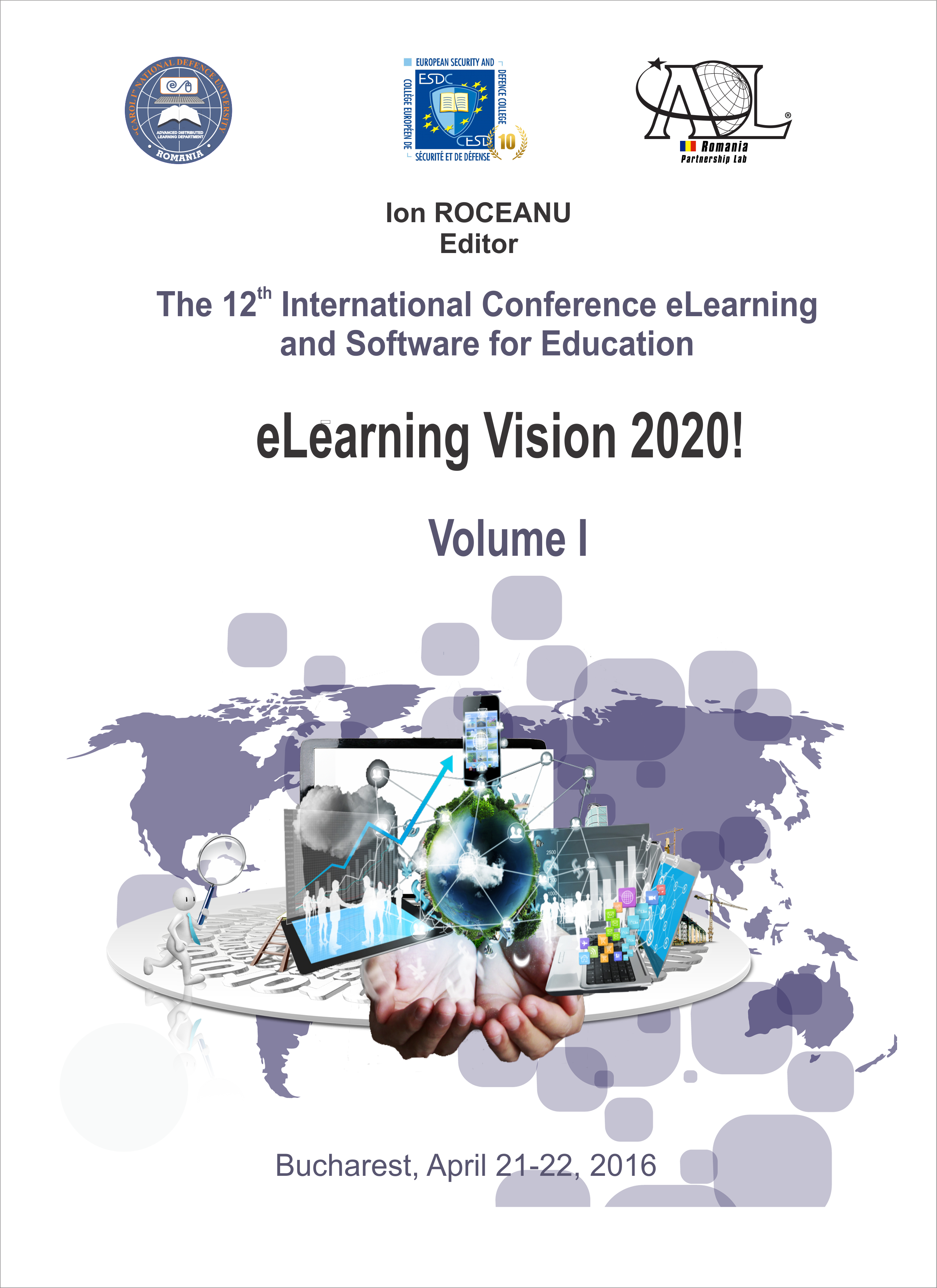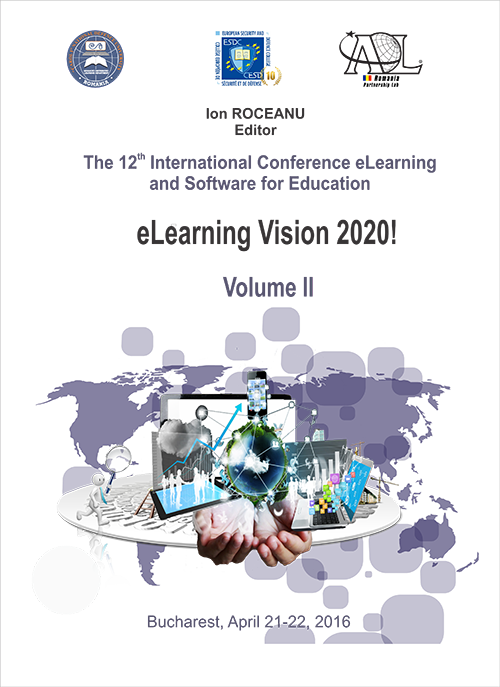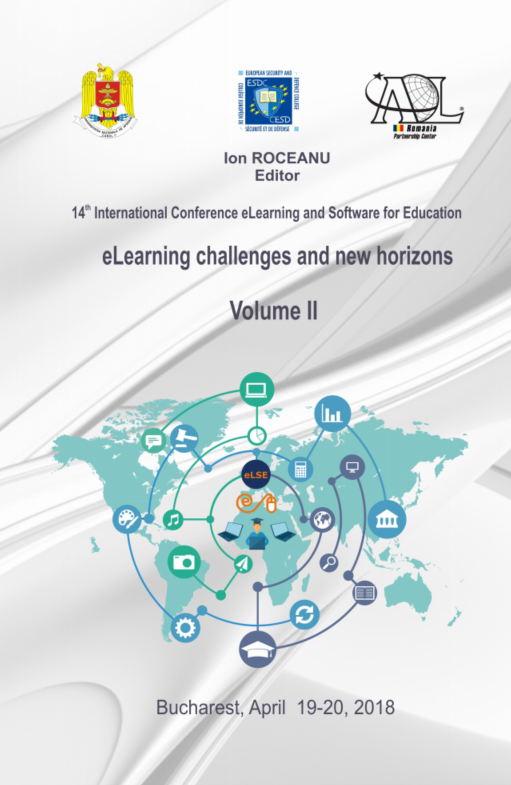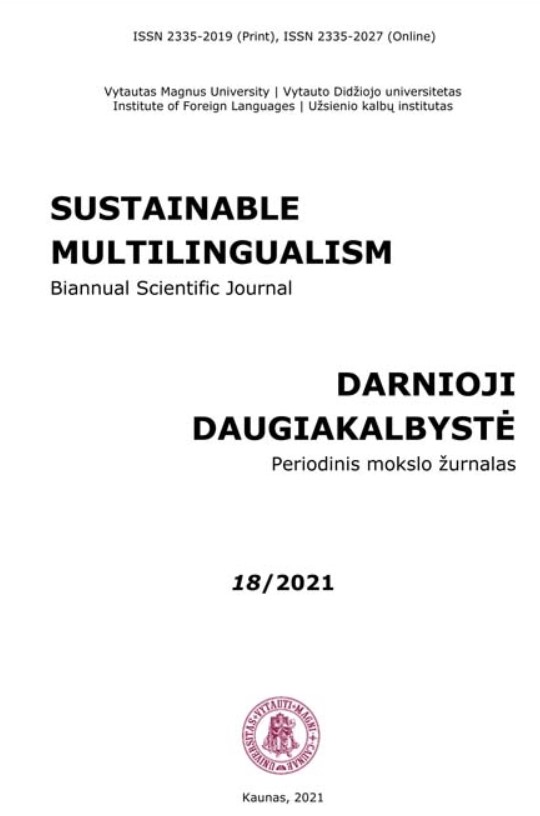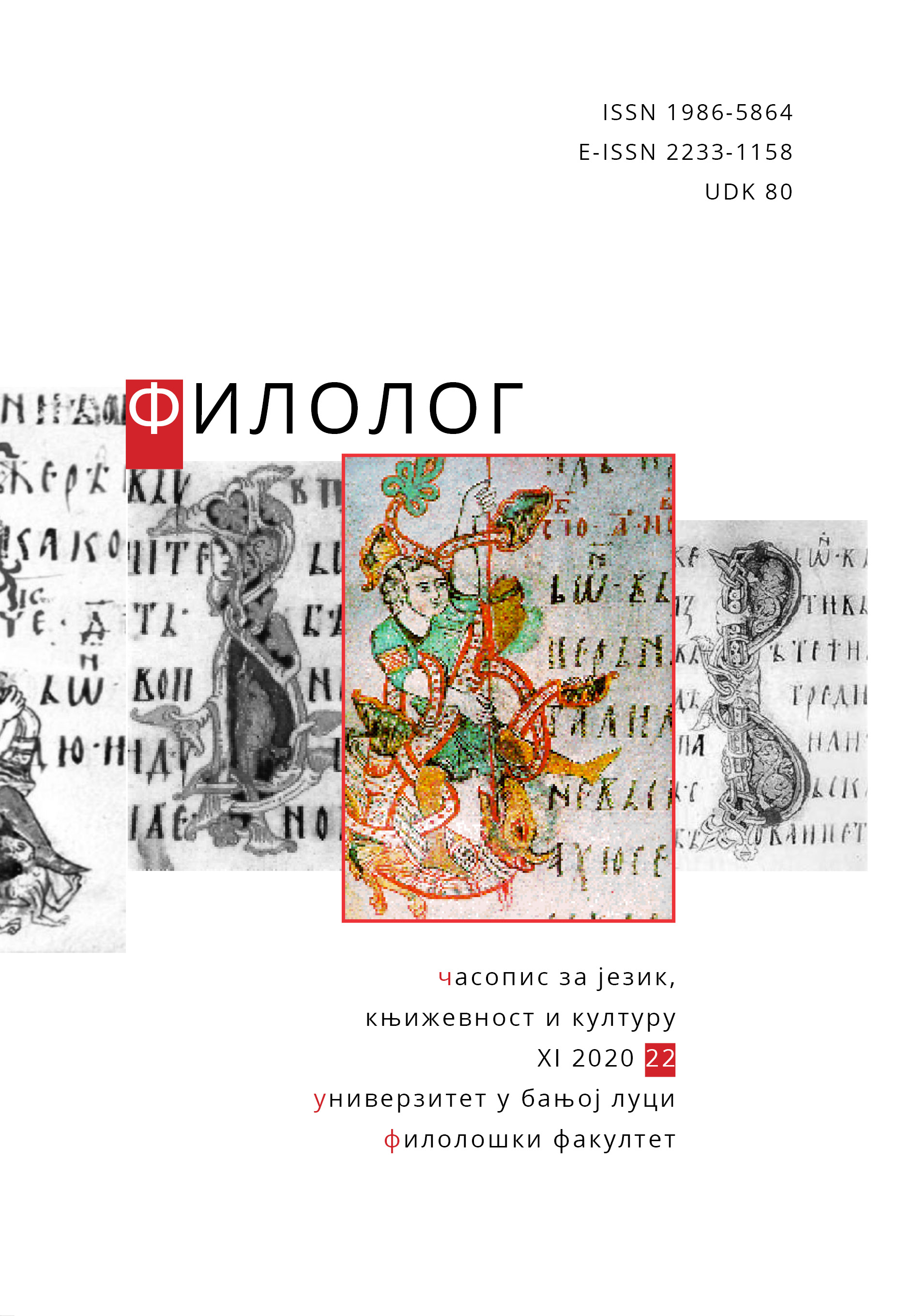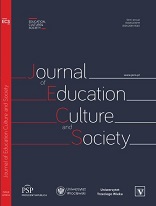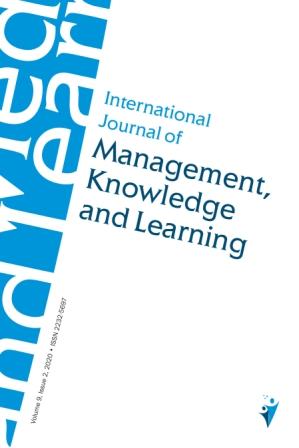Author(s): Jana Kamenická / Language(s): English
Issue: 1/2021
Aim. The primary aim of this paper is to present and discuss the Apple-Tree Model of Emotion-Involved Processing in the context of foreign language learning with regard to didactic, neuroscientific, and psychological viewpoints. The proposed model mirrors theories which emphasize the role of emotional experiencing in the process of learning and relate it to the enhancement of cognitive processes. The secondary aim of this paper is to propose examples of application of these theories and recent research findings – with the use of videos in foreign language learning both inside and outside of the classes. Methods. Along with several others, two studies (an action research and experiment), dealing with the role of emotional engagement and positive emotional stimuli, are discussed in more detail. Concerning the action research (Kamenická & Kováčiková, 2019), the subjects of this study were 31 non-native teenage secondary grammar school EFL learners (i.e., 17-18 years old). In this study, the role of emotional engagement in foreign language learning was observed – with regard to learners of various learning styles. Concerning the experiment (Kráľová, Kamenická, & Tirpáková, submitted for publication), it provided both quantitative and qualitative data. Its subjects were 82 non-native first-year university EFL students (i.e., 18-19 years old). The effect of application of positive emotional stimuli during the foreign language classes was observed – with regard to research participants’ vocabulary retention, emotional experiencing, and their autonomic stress response. The qualitative data gathered dealt with research participants’ subjective perception of emotionally competent stimuli applied, vocabulary recall, and experimental classes as such. Results. The analysis of the qualitative data suggests that emotional engagement leads to better motivation to learn among learners, including the reluctant ones. Moreover, the research outcomes suggest that emotionally competent stimuli might be considered as a universal key, when it comes to engagement of learners of various learning styles. Furthermore, the qualitative data analysis also indicates that learners especially appreciate learning the foreign language through topics which are not usually part of school curriculum. The statistical data analysis indicates that positive emotional experiences lead to the increase of both foreign language enjoyment and learners’ foreign language vocabulary retention. Conclusions. The research findings suggest that positive emotional stimulation of FL learners might lead to their increased motivation for learning as well as to better retention of new language items. Furthermore, they also confirm the significant role of the teacher in terms of regulation and responsibility for the learning atmosphere. As nowadays, the FL learning does not take place in classes only, the teachers’ managerial guidance and direction of learners becomes essential more than ever. With regard to these findings, several ideas how to guide learners’ FL learning both inside and outside of class, are proposed – with the use of videos, which are staggeringly omnipresent in everyday lives of nowadays’ society.
More...
